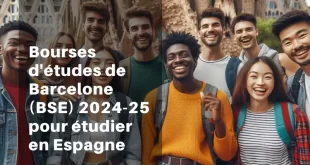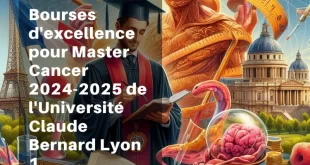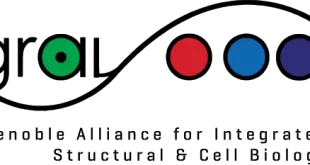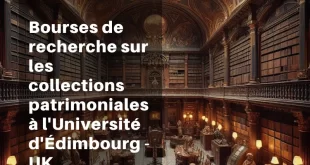Le Centre Rachel Carson pour l’environnement et la société lance un appel à candidatures pour sa cohorte de boursiers postdoctoraux et seniors de 2020-2021. Le programme de bourses de recherche du RCC est conçu pour réunir d’excellents chercheurs de divers pays et disciplines œuvrant dans les domaines de l’environnement et de la société. Dans ce cycle de candidature, le RCC propose des bourses thématiques (de quatre à douze mois) sur les thèmes suivants:
- Extinction: The “Rettet die Bienen” (Save the Bees) campaign in Bavaria elevated the issue of species loss and extinction to the top of the public agenda. Why are habitats and species being lost, and what are the consequences? What can we learn from past extinctions? What is the impact for humans of the reality and the discourse of extinction? Can we fight against the loss of species—and should we?
- Futures: Western understandings of “the future” are primarily based on ideas of progress and intention; but in today’s world, other understandings are needed. How can we ensure just futures in a planetary context? How have past imaginations of the future created better worlds? How can we build feasible futures—economically, infrastructurally, physically, and culturally? Which tools and concepts help us imagine alternative futures?
- Open (no specific theme): We will be awarding a very limited number of fellowships for truly excellent projects that do not relate to either of these two topics. We expect that the success rate for funding in this category will be between 3–5%.
The two topic areas aim to bring future fellows together and facilitate focused dialogue and productive collaborations across disciplines. Applicants are welcome to apply individually or as interdisciplinary teams; we also accept applications for scholarly outreach projects (journalism, documentary film, community engagement, etc.). All fellows are expected to spend their fellowship in residence, to work on a major project, and to participate actively in life at the RCC. Please note that the RCC does not sponsor field trips or archival research.
This will be the last fellowship round to be funded by the German Federal Ministry of Education and Research, which provided the initial grant for the RCC in 2009. We do, however, plan to advertise a smaller number of fellowships from 2021 onwards.
Fellowship Awards
Fellowships will be granted for a period of four to twelve months (applicants should indicate their preferred duration in their application). The RCC will pay for a teaching replacement of the successful candidate at their home institution; alternatively, it will pay a stipend directly to the fellow that is commensurate with their experience, current employment, and funding guidelines. Travel to and from Munich will be covered by the RCC.
Requirements
- fellows must commit to a stay of between four and twelve months
- fellowships may begin on the following three dates:
- 1 September 2020
- 1 January 2021
- 1 May 2021
- fellows (with the exception of outreach fellows) must have completed a doctoral degree (including final defense) by 31 January 2020
- applicants who reside in the greater Munich area will not be considered (however, applications for fellowships that are based on collaborative projects with scholars in Munich are welcomed)
To Apply
The deadline for applications is 31 January 2020. Applications must be made in our online portal. The application portal will be open from 1 January to 31 January 2020. It closes at midnight (Central European Time) on 31 January.
The application (in English) should include the following:
- Cover letter (750 words maximum);
- Curriculum vitae (3 pages maximum);
- Project description (1,000 words maximum), including project’s relation to one of the two thematic clusters;
- Research schedule for the fellowship period (300 words maximum), including preferred length of stay;
- Noms et coordonnées de trois érudits en tant qu’arbitres; ces érudits devraient être des personnes qui vous connaissent bien et connaissent bien votre travail. Veuillez noter que nous n’avons initialement pas besoin de lettres et que nous ne pouvons pas contacter vos arbitres.
Pour plus d’informations, veuillez consulter la section Foire aux questions de notre site Web. Veuillez consulter cette section à fond avant de nous contacter avec des questions.
 medjouel.com Etudes Non Stop
medjouel.com Etudes Non Stop



